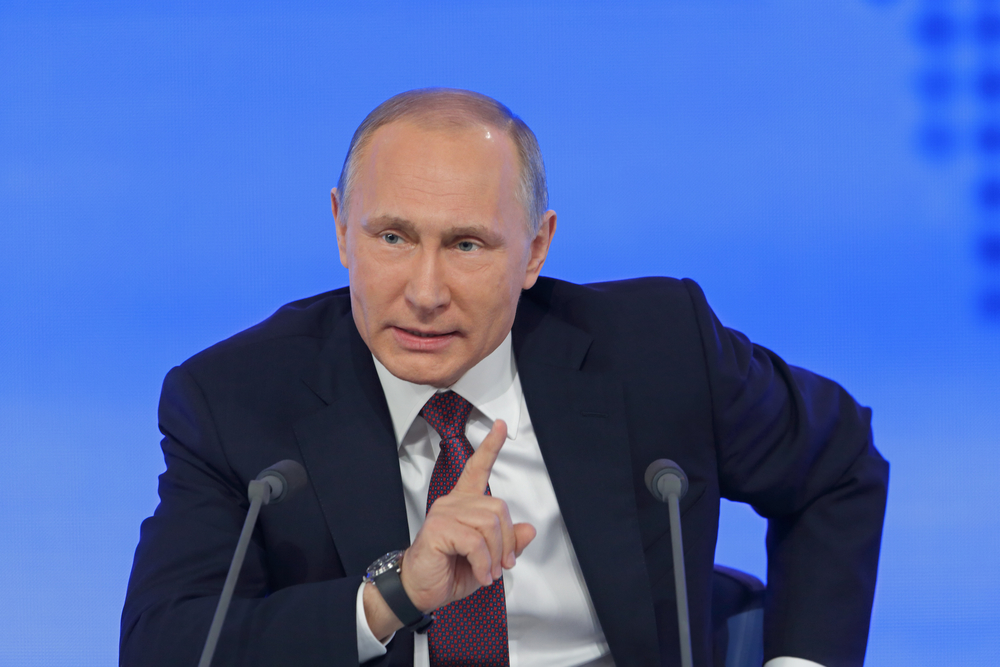
MOSCOW — Russian President Vladimir Putin on Tuesday ordered a vote on changes to the constitution which could allow him to extend his rule to be held next month as planned, but warned it could be delayed if the coronavirus situation worsens.
Putin issued a decree on holding the vote on April 22, a move that came a day after Russia’s constitutional Court approved a law on constitutional amendments that could allow him to remain in power for another 12 years after his current term ends in 2024.
During a meeting with Russia’s top election official, Putin warned, however, that the nationwide vote could be pushed back over the new coronavirus.
“If the situation requires that, we will postpone the all-Russia vote,” he said,
Russia so far has reported 114 infections and Putin said at a government meeting Tuesday that the situation has remained under control.
The authorities in Moscow banned gatherings of more than 50 people until April 10, and the opposition groups called back protests against the constitutional changes that had been planned for the weekend.
Under current law, Putin wouldn’t be able to run for president again in 2024 because of term limits, but the new measure would reset his term count, allowing him to run for two more six-year terms if he chooses.
Alexei Navalny, Russia’s leading opposition figure, denounced Putin for calling the vote amid the spread of the new coronavirus, saying that the Kremlin will count on support from elderly voters who would be at risk at the polls.
“Putin’s order to hold the vote on `nullifying’ his terms for April 22 looks like a crime amid the pandemic and the quarantine,” Navalny tweeted. “They will drive the pensioners to take part in this sham.”
The constitutional Court ruled Monday that the provision is in line with the Constitution, even though Kremlin critics and some legal experts denounced it as trampling on the country’s main law.
The 67-year Russian leader has been in power since 2000, longer than any other country ruler since Soviet dictator Josef Stalin.
Other constitutional changes further strengthen the presidency and emphasize the priority of Russian law over international norms — a provision reflecting the Kremlin’s irritation with the European Court of Human Rights and other international bodies that have often issued verdicts against Russia.
The changes also outlaw same-sex marriage and mention “a belief in God” as one of Russia’s traditional values.
Putin said he hopes that Russians will turn out to support the changes.
“I strongly count on citizens of Russia to understand how important the changes are,” he said. “It’s very important for the country to express the social character of our state, underline the priority of our legislation over international law and determine other key points linked to our traditions, culture and history.”